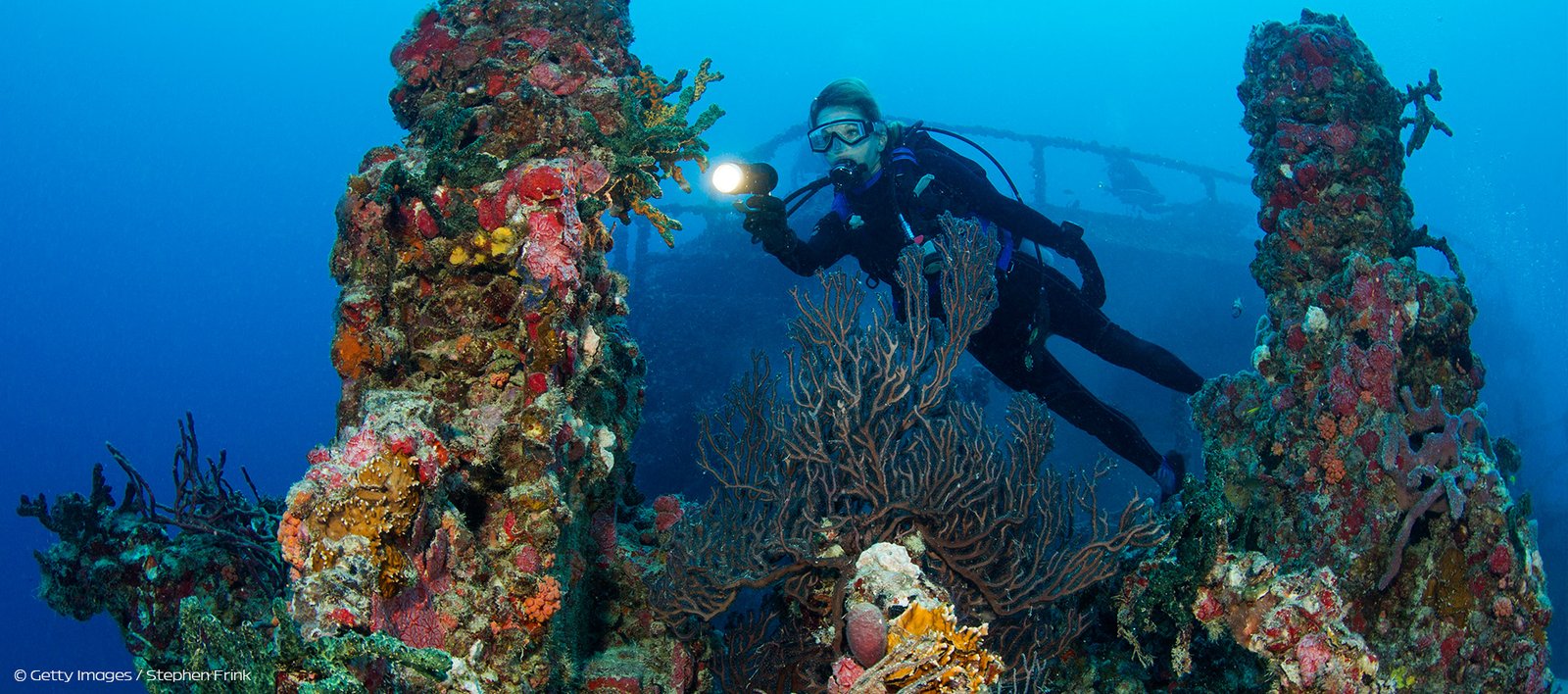
A Film Festival with Heart and Soul
Text and photos :Winnie T. Sittón
Every film festival has its own identity and raison d’être. The most well-known festivals, which can claim long histories and a certain renown, often boast big stars and films, not to mention a great deal of attention from the media. On the fringes of that world of cameras and red carpets, there are other smaller, more intimate festivals that survive on determination and effort. Even though they are not as popular, they have an important role to play.
The Tampa Bay Latin Film Festival is one example. It has been held in the city of St. Petersburg, Florida (United States) since 2018. The festival came into being with a definite purpose: to highlight developments in Latin American cinema and discover the emerging talents behind the films. The selected works serve as a showcase that helps expand the audience for these films, since most are independent productions that face many challenges in reaching commercial cinemas.
The initiative is the brainchild of Linda Ramírez, an attorney who describes herself as a lover of art and an inveterate film fan. She previously worked with another St. Petersburg event, the Sunscreen Film Festival, where she put together the selection of films to be shown in the Latin American division. Using that experience as a springboard, she felt that cinema made in Latin America was so rich and vast that it merited a festival of its own that could be enjoyed by residents of the Tampa Bay area.

“The Tampa Bay Latin Film Festival is important on so many levels, perhaps foremost to share the diversity of Latin American film and culture with our community. I have only received an enthusiastic response to the festival, particularly by the Hispanic community that wants to see more of these films. Also, the festival provides American filmmakers an opportunity to experience the beauty and quality of Latin American film.”
Ramírez works alongside a large team of volunteers who are aligned with the project’s philosophy and appreciate its value. The team is a diverse group of mostly women —visual artists, cultural ambassadors, and art lovers— whose support is essential to the project. “The biggest challenge is trying to be realistic about the time and budget limitations. There are so many significant films being made in Latin America, and so many talented filmmakers, I look forward to seeing the festival grow.”
In the two festivals held so far, showings have included short subjects and feature-length narrative and documentary films on a variety of topics. Aside from considerations of length, genre, and topic, the festival director seeks to schedule films that reflect the sophistication and dedication of the participating filmmakers.
The Mexican comedy El ídolo (The Idol), written by Daniel Weisberg and directed by Erwin Neumaier, is one of the festival’s most memorable and symbolic films; it was featured in the first festival and earned the top prize: El Pulpo (The Octopus), created by Colombian sculptor Carlos Arturo Camargo Vilardy. The film’s producer, Claudia Covarrubias, was invited to participate in the second festival. She was given the honor of presenting El Pulpo, this time to the Argentinean movie Tampoco tan grandes (Not Quite Adults), directed by Federico Sosa and written by Máximo Reca.

The next Tampa Bay Latin Film Festival will be held February 5-7, 2021. Linda Ramírez notes that, as the clock ticks down toward the date, she and her team are already sketching plans and organizing activities and showings to whet people’s appetites for the next year. “We are drawing on the experience of the first two festivals to develop a program that will continue to bring independent Latin American film to the community, as well as to surprise the community with our visiting guests for next year.”
For further information, visit
tampabaylatinfilmfestival.com
